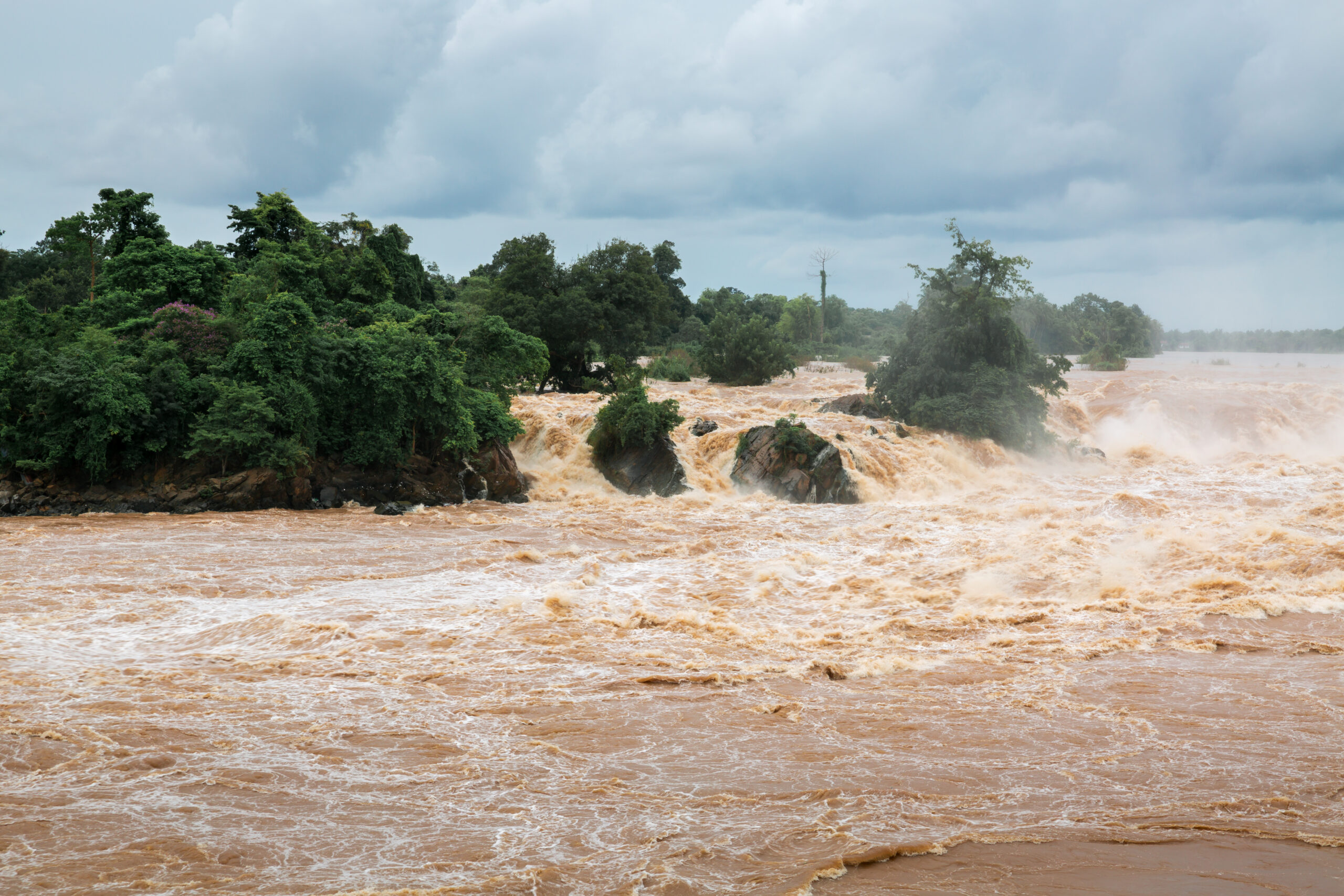Report: FEMA Providing Disaster Aid To Illegal Migrants In North Carolina

A report from the Washington Post has revealed that the federal government is offering FEMA disaster aid to illegal migrants in North Carolina, a move that has sparked controversy. The aid is intended to help migrants who have been affected by Hurricane Helene, including those who are not legally in the country. The report highlights how this assistance is being offered despite the desperate needs of suffering Americans who are being overlooked by the Biden-Harris regime.
According to the report, some illegal migrants have applied for FEMA aid through various programs, including loans and grants. Silvia Martín del Campo, who works with Latino students at McDowell Technical Community College in Marion, explained that some of these migrants, though not in the country legally, are operating businesses and paying taxes. “These are people who are not in the country legally, but their businesses are legal and they’re paying taxes,” she said.
Critics argue that this aid, which is funded by American taxpayers, should be reserved for U.S. citizens who have lost homes and livelihoods due to the hurricane. The report notes that some migrants have applied for FEMA’s $750 “Serious Needs Assistance” grant, with at least one undocumented worker acknowledging that he applied for help due to lost wages from the disaster.
The federal government has spent billions of dollars since 2021 on various programs that help migrants, with a portion of those funds coming from FEMA accounts. These policies are part of what some call an “extraction migration” strategy, where low-wage workers are brought into the U.S., blurring the lines between citizens and migrants.
Critics like Mark Krikorian of the Center for Immigration Studies argue that this aid helps illegal migrants stay in the country rather than return home. He suggests that it would be more efficient to use disaster aid to help repatriate migrants, freeing up local resources and benefiting both the U.S. and the migrants’ home countries.
























